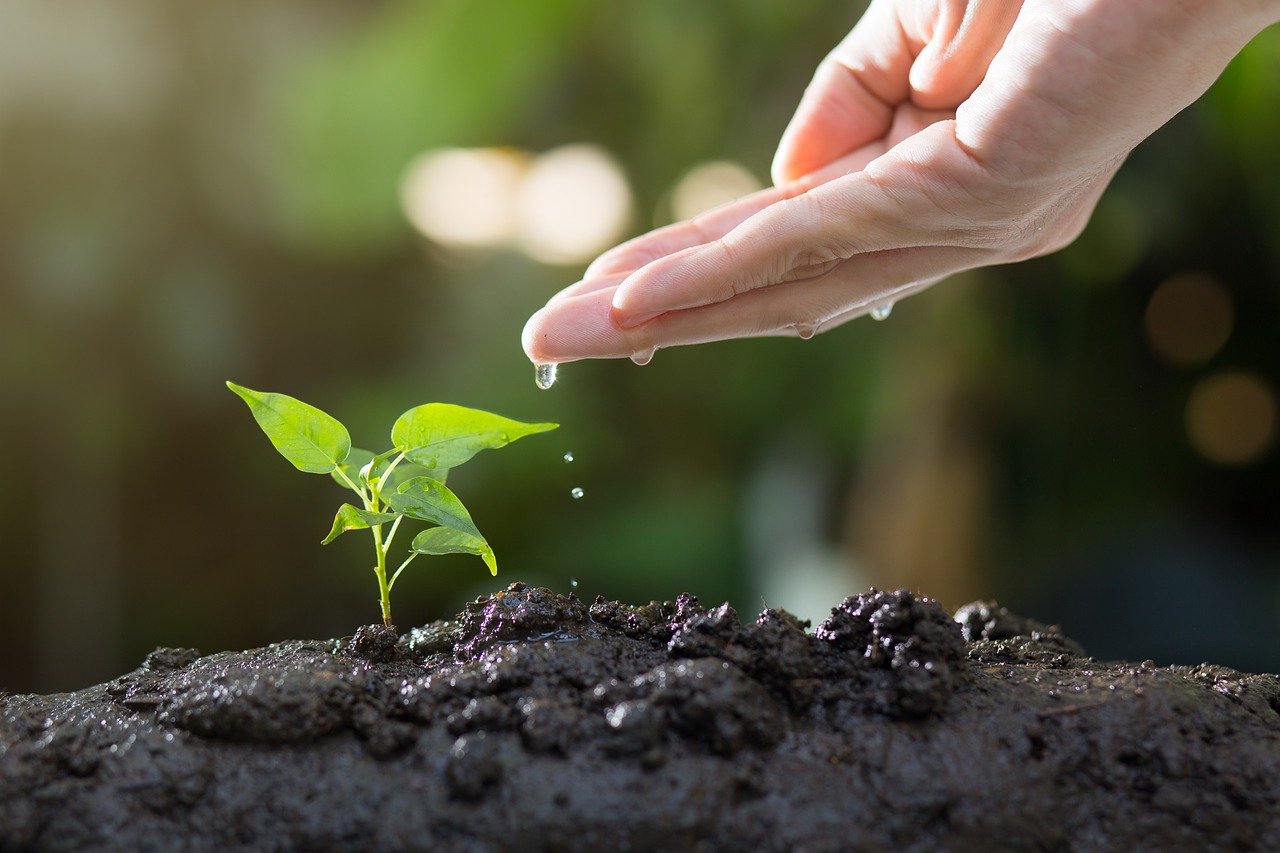Share
Sustainable Gardening: Growing a Greener Future
In an era where environmental consciousness is paramount, sustainable gardening emerges as a crucial practice. It’s not just about growing plants; it’s about nurturing our planet. Let’s delve into the essentials of sustainable gardening and explore how it benefits both your garden and the earth.
What is Sustainable Gardening?
Sustainable gardening focuses on methods that are ecologically responsible and resource-efficient.
The goal is to create a garden that thrives with minimal negative impact on the environment. This means using practices that conserve water, improve soil health, and reduce waste, all while supporting local wildlife.
-
- Sustainable gardening is more than just growing plants; it’s a conscious effort to cultivate a healthy, eco-friendly environment.
- Sustainable gardening is more than just a hobby; it’s a conscious choice to cultivate healthy, vibrant gardens that benefit you and the environment.
- By adopting sustainable practices, gardeners can minimize their environmental impact while enjoying the beauty and benefits of homegrown produce.
- By adopting sustainable practices, we can create spaces that provide food and beauty and contribute to a healthier planet for future generations.
Key Principles of Sustainable Gardening
Organic Practices:
Avoid using synthetic pesticides, herbicides, and fertilizers. These chemicals can harm beneficial insects, pollinate plants, and contaminate water sources. Instead, opt for natural alternatives like compost, companion planting, and crop rotation to maintain soil health and reduce pollution.
Water Conservation
Water is a precious resource. Implement water-saving techniques such as:
- Use drip irrigation or soaker hoses to minimize water waste.
- Collect rainwater in barrels for garden use.
- Mulch your garden beds to retain soil moisture and reduce evaporation.
- Choose drought-tolerant plants that require less water.
Biodiversity:
Promote a diverse ecosystem by planting a variety of plants, including native species. This attracts beneficial insects, pollinators, and birds, which can help control pests and maintain ecological balance.
Soil Health
- Enrich soil with organic matter like compost and manure.
- Practice crop rotation to prevent soil depletion.
- Avoid chemical fertilizers and pesticides that harm soil biodiversity.
Native and Drought-Tolerant Plants
Choose plants native to your region, as they require less water and care.
Incorporate drought-tolerant species to conserve water.
Native plants also provide habitat and food for local wildlife.
Composting
Turn kitchen scraps and garden waste into nutrient-rich compost.
Use compost to improve soil structure and fertility, reducing the need for chemical fertilizers.
Pest Management
Encourage beneficial insects like ladybugs and bees.
Use natural pest control methods such as neem oil or insecticidal soap.
Plant companion species that naturally repel pests.
Reducing Waste
Use biodegradable plant pots and mulch.
Recycle or repurpose garden materials whenever possible.
Avoid single-use plastics in gardening.
Benefits of Sustainable Gardening
Environmental Impact: Reduces the carbon footprint and promotes biodiversity.
Economic Savings: Lowers costs on water, fertilizers, and pest control.
Health Benefits: Provides fresh, organic produce free from harmful chemicals.
Community Engagement: Encourages shared gardening efforts and knowledge exchange.
Additional Tips
Start Small: Implement one or two sustainable practices initially, then gradually incorporate more.
Educate Yourself: Read books, take workshops, and join local gardening clubs to learn more.
Share Knowledge: Inspire others by sharing your sustainable gardening journey.
Conclusion
Sustainable gardening isn’t just a trend; it’s a necessary shift towards a healthier planet. By adopting eco-friendly practices, you create a thriving garden and contribute to environmental conservation. Embrace sustainable gardening and grow a greener future, one plant at a time.
Happy sustainable gardening! 🌿🌍




